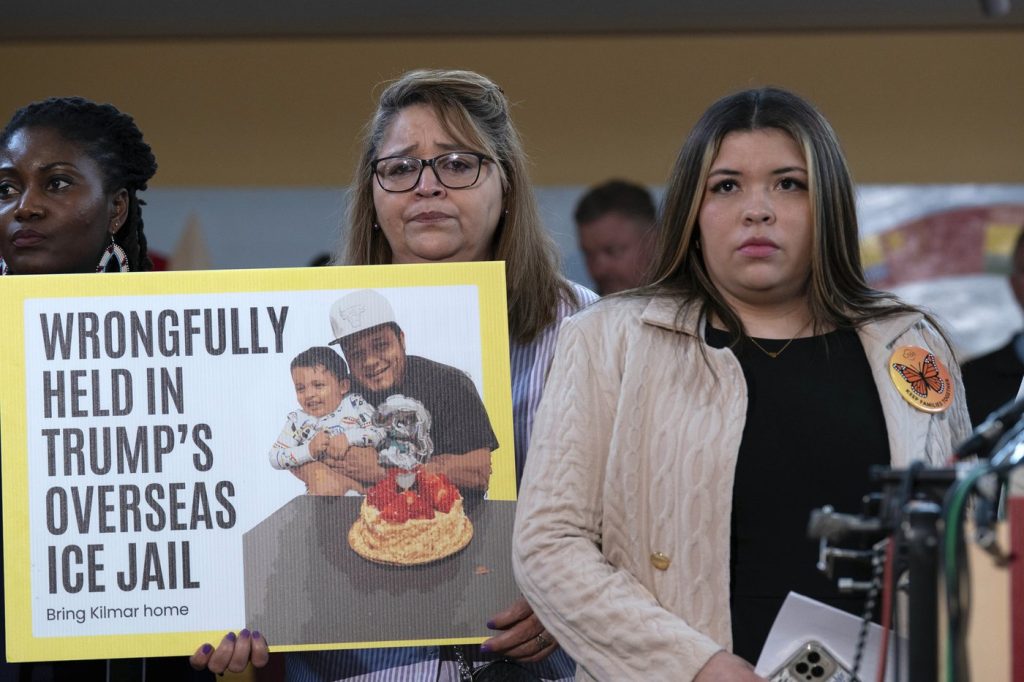NASHVILLE, Tenn. – Kilmar Abrego Garcia, a Salvadoran national, is anticipated to be released from jail in Tennessee on Wednesday. However, he will likely be taken into custody by immigration authorities immediately following his release. Abrego Garcia has been incarcerated since June 7, when he was returned to the U.S. amid allegations of human smuggling, specifically facing two counts related to these charges.
Recently, U.S. Magistrate Judge Barbara Holmes ruled that Abrego Garcia does not need to remain in jail before his trial, which led her to set conditions for his release. Despite this, both defense attorneys and prosecutors have indicated that they expect him to be detained by U.S. Immigration and Customs Enforcement (ICE) as soon as he is released from criminal charges.
Federal prosecutors are actively appealing Judge Holmes' order for his release. They raised concerns in their motion, stating that there is a significant risk Abrego Garcia could be deported before he has a chance to face trial. Judge Holmes has previously made it clear that she will not intervene between the Department of Justice and the Department of Homeland Security regarding the decision to either deport or prosecute him.
On June 13, Abrego Garcia entered a not guilty plea to the smuggling charges. His attorneys have argued that these charges appear to be an attempt to rationalize his wrongful deportation, which took place in March 2023, sending him to a notorious prison in El Salvador. The charges stem from an incident in 2022, where he was stopped for speeding in Tennessee while driving a vehicle carrying nine passengers.
During the detention hearing, Homeland Security Special Agent Peter Joseph testified that his investigation into Abrego Garcia did not start until April of this year, raising questions about the timing of the charges. In her ruling, Judge Holmes stated that federal prosecutors failed to prove that Abrego Garcia posed a flight risk or a danger to the community, citing his long-term residency in Maryland where he has been living with his American wife and raising their three children.
Despite her ruling, Judge Holmes remarked that her decision felt “little more than an academic exercise,” considering ICE’s plans to detain him. His situation remains ambiguous, as even though he cannot be deported to El Salvador due to credible threats from gangs, he is still subject to deportation to a third country, provided that the receiving country agrees not to send him back to El Salvador.
This case highlights the ongoing complexities and tensions surrounding U.S. immigration policies, especially in the context of wrongful deportations. Abrego Garcia's uncertain future raises broad questions about due process, the rights of undocumented individuals, and the intersection of legal proceedings in the criminal justice and immigration systems.










